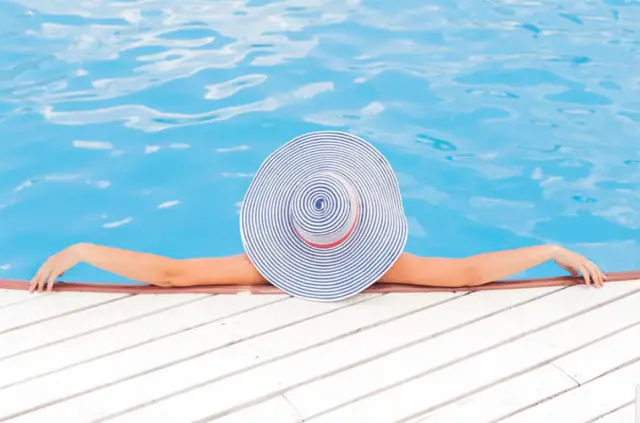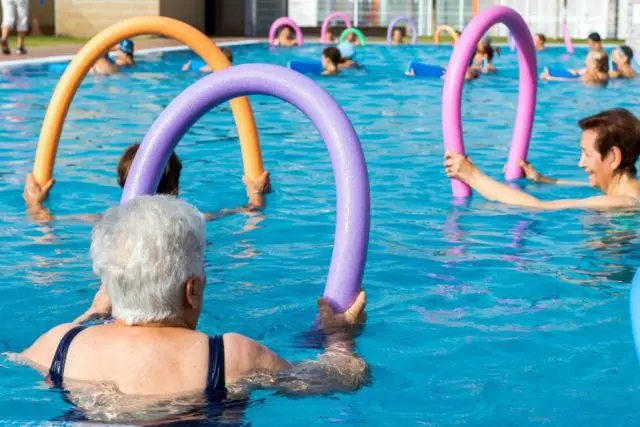
Hydrotherapy is a therapy that serves for the treatment of various diseases, injuries and other disorders. These therapy sessions will be carried out according to the personalized needs of each patient after their evaluation, since like any other rehabilitation process. It is not a generalized technique but must be adapted to the person, pathology, and symptomatology. It has been used since the time of the ancient Greeks, who already took advantage of its properties for medical and spiritual purposes since then it has been used by all kinds of civilizations up to the present times.
More than 60% of the human body is water, and experts recommend drinking between two and three liters of this liquid every day, although water is also part of the composition of food, especially fruits and vegetables, and part of it can be obtained from the recommended daily amount with the consumption of these products.
Types of hydrotherapy.
Mechanical hydrotherapy:

-Push: This type of hydrotherapy works by immersing the body in water. It helps to exercise the muscles in people with reduced mobility since the weight of a person in the water is much less.
-Compression: Water is forcefully applied to the body, creating pressure on muscles, veins, or nerves. It is used as a relaxation method or to treat varicose veins.
-Hydrodynamic resistance: A water surface is used when exercising rather than on land. This serves to strengthen muscles.
-Pressure: Water is applied through showers or jets. It is used for relaxation or stimulation of the nervous system.
Thermal hydrotherapy:
-Hot water: It has a predominantly relaxing effect, but it also serves as a sedative, to relax muscle tone, improve blood circulation through peripheral vasodilation and as an analgesic.
-Warm water: mostly used with sedative effects.

-Coldwater: stimulates the circulatory system and increases the heart rate. It is also used as a muscle toner, as an anti-inflammatory and as a complementary treatment in certain psychiatric pathologies.
Chemical hydrotherapy:
It consists of using the water together with chemical substances, added or typical of the water, to achieve a different objective in the treatment. Among these are:
-Chlorinated water: Ingested, it stimulates organic functions. If it is also hot, it produces sedation and muscle relaxation.
-Sulfated water: Ingested, it has laxative and diuretic effects. Applied to the skin, it provides benefits to the respiratory and locomotor systems.
-Ferruginous water: For treating cases of anemia and skin diseases.
-Sulfurous water: It is used to treat joint and respiratory conditions or allergic inflammations.
Benefits of hydrotherapy.
Knowing the scientific bases that support the application of hydrotherapy as an excellent tool or method of treatment in the rehabilitation process, it is easy to deduce the numerous benefits that can be obtained from aquatic therapy:
-Favors breathing.
-Favors’ blood circulation.
-Produces a relaxing effect on the muscles.
-Produces the mental relaxation of the patient.
-Produces an analgesic effect thanks to vasodilation and the relaxation effect.
-Decreases muscle contractures.
-Contributes to improving the immune system.
-Reduces the impact of movements on the joints.
-Favors balance and proprioception.
-It allows for increasing muscular strength.
-Facilitates movements and also allows reaching a greater range in them.
-It decreases the patient’s feeling of fear and anxiety towards therapy.
For all these reasons we invite you to experience these excellent water-based practices.

